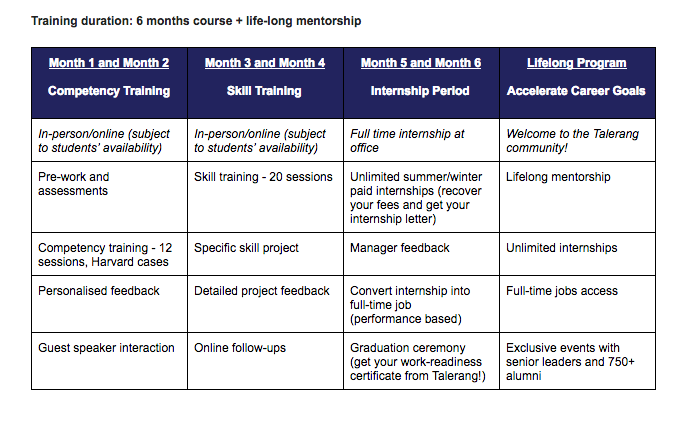Is MBA still the golden ticket to success?
In a world marked by constant change and innovation, the traditional paths to success have transformed, especially in the realm of business. For decades, the Master of Business Administration (MBA) has held an almost mythical status as the golden ticket to a prosperous career. But today, the question is looming larger than ever:
Is an MBA still a prerequisite for success, or has the landscape of business education shifted irreversibly?
The Traditional MBA: A Badge of Distinction
The MBA, with its rigorous curriculum and illustrious institutions, has long been seen as the stepping stone to the upper echelons of the corporate world. Earning an MBA often meant a substantial salary boost, access to a vast network of alumni, and the respect of your peers. The case method, revered professors, and high-stakes group projects became rites of passage for ambitious professionals.
However, the context in which the MBA thrived is changing. The rise of technology and entrepreneurship has disrupted conventional business models and job markets. As a result, some are beginning to question the necessity of this degree.
The Shifting Landscape
In this digital age, alternate avenues to gain business knowledge are emerging. Online courses, micro-credentials, and specialized master’s programs provide flexible, affordable, and often more relevant options. These programs can be completed while working, allowing individuals to apply their learning immediately, a factor often missing in traditional MBA programs.
The startup culture has also played a significant role in redefining the business education landscape. The likes of Mark Zuckerberg, Steve Jobs, and Bill Gates have shown that a formal education isn’t the only path to success. Many aspiring entrepreneurs now opt for real-world experience and learning by doing, rather than sitting in a lecture hall.
A Shifting Perception
As the landscape evolves, so too does the perception of an MBA. While many companies still value it, others are more concerned with your skills, experience, and how you can add value to their organization. The “hard skills” such as data analysis, digital marketing, coding, and project management are often prioritized over the softer skills taught in an MBA.
The Value of an MBA
Despite the changing winds, the MBA still holds significant value. It can provide a holistic view of business and equip you with a broad skill set, including leadership, decision-making, and strategic thinking. Moreover, the connections you make during an MBA program can be invaluable. It’s also a credential that can open doors in certain industries and geographic regions.
The Right Choice for You
So, is an MBA required anymore? The answer is far from one-size-fits-all. The decision should align with your individual goals, resources, and the industry you’re pursuing. If you’re aiming for a leadership role in a large corporation, the traditional MBA can still be your best bet. However, if you’re more interested in entrepreneurship, technology, or specific skill acquisition, you may find alternatives more tailored to your needs.
In conclusion, the landscape of business education is evolving rapidly, and the value of an MBA is shifting accordingly. While it remains a revered qualification, it’s no longer the sole gateway to success. As you navigate your career path, the choice between pursuing an MBA or exploring alternative options should be grounded in your unique aspirations and the opportunities that align with them. After all, the future of business education is, in many ways, as dynamic as the business world itself.
Written by:
Aramya Maheshwari








